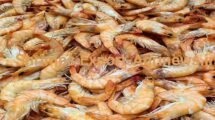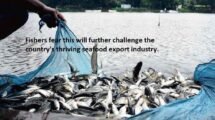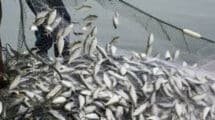Netafim says that “drip fertigation” increases yield in the Tarikere project
Netafim India said on Thursday that farmers using ‘drip fertigation’ as part of the Tarikere Drip Irrigation Project Phase II in Chikkamagaluru, Karnataka, have seen their crops produce more and use less fertiliser.
The ‘drip fertigation’ method drips water and fertiliser at the base of plants in a controlled way through plastic tubing. Netafim said in a statement that the technology led to a 90% increase in crop yield, a 30–40% increase in the efficiency of fertiliser use, and a 9–10% decrease in crop evapotranspiration compared to traditional irrigation by furrow or flood and fertilisation by broadcasting.
The technology also makes sure that the crop gets the right amount of water so that it can absorb nutrients and get a high yield of about 50–60%. Also Read | IoT-tech auto monitors drip irrigation, soil condition & nutrient deficit: IFFCO
The company says that farmers on 5,100 hectares have increased crop yield by 50% by using fertiliser and water more wisely. As of now, drip systems have been put in place on 5,500 hectares as part of Tarikere Drip Community Irrigation Phase II by the company.
Umesh MC, Senior Manager of Agronomy at Netafim India, said, ‘Improving irrigation and fertilisation management for higher productivity is essential to deal with the lack of water. Drip fertigation can match the water and fertiliser supply to the crop’s needs, which could lead to a sustainable increase in crop yield.
The technology gives crops the nutrients they need close to their roots and helps farmers save 15–25% on fertilisers and the cost of making crops. Compared to surface irrigation, drip fertigation helps reduce agricultural emissions, improves crop root growth and nutrient uptake, and keeps the soil from becoming too salty.
Also Read | More than 20 lakh ha of land will be under drip and sprinkler irrigation
When it’s done, the project under way will affect 13,594 hectares and almost 26,000 farmers in 42 villages. Most of what the farmers involved in the project grow are vegetables, fruits, flowers, and arecanuts. Netafim said that the project should be done by July 2023.


















Add Comment